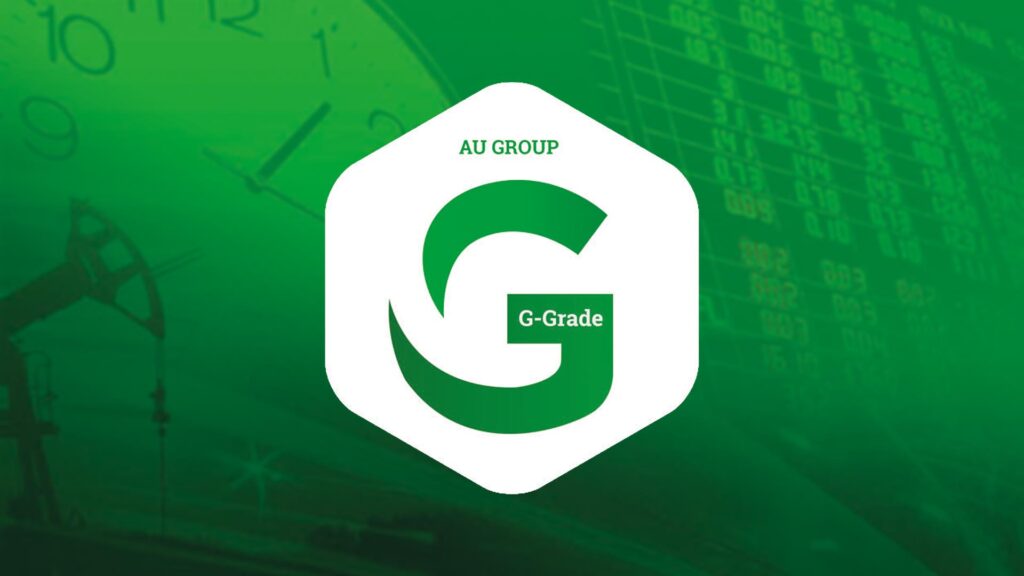In order to call you, we will store your data for 1 year.
Don't worry, they'll be absolutely safe.
Website rules here.
Don't worry, they'll be absolutely safe.
Website rules here.
Stay in the loop! Follow news about current economic developments in the country and around the world in News section or subscribe to our free Newsletter.
With global growth estimated at 3.0% in 2023 and in 2024 (for the record it was 6% in 2021 and 3.5% in 2022 – source International Monetary Fund, IMF) the world economy is slowing down, even is the first sign of inflation decreasing are popping up.

In the third quarter of 2023, G-Grade, AU Group’s country risk measurement tool, noted the following significant downgrades:
(-0.75) Bolivia: from 8 to 8.75: The deterioration in the country’s economic situation
has led to 3 insurers all reducing their ratings this quarter. The depletion of foreign currency reserves has only accelerated in recent years as Bolivians have lost confidence in their currency. Moreover, growth, which was 7.5% in 2022, will collapse to 1% in 2023 (according to the IMF).
(-0.50) Burkina Faso: from 8.75 to 9.25: Despite 2 coups d’état in 2022, the country is reporting higher growth, thanks in particular to increased exports (gold and cotton). But signs of political instability in the country, and more broadly in the Sahel, continue to mount.
(-0.50) Ecuador: from 7 to 7.5: The country is facing a wave of violence against the backdrop of early presidential elections.
(-0.50) Kenya: from 7 to 7.5: Between April and July, there were several mass demonstrations and damage caused by the rising cost of living in East Africa; tax hikes have been imposed.
(-0.50) Uganda: 7 to 7.5: Growth has been robust in 2022 and 2023, but the country is facing political instability and tensions on its borders (with Rwanda in particular).
The G-Grade displays a grade between 1 and 10 measuring the perceived level of political risk in this country. Grade 1 corresponds to the lowest perceived level of political risk. The AU G-Grade is a condensed overview based on the country risk assessments of the major credit insurers (Allianz Trade, Atradius, Coface, Credendo…). In addition, in order to provide you a complete picture of each country, the AU Group have selected 7 relevant KPIs issued by the IMF statistics department.
(+0.75) Qatar: from 4 to 3.25: upgraded by 2 insurers, the country sees all its economic indicators in the green: robust growth, low debt levels, current account surplus, with high gas prices continuing to strengthen an already flourishing economy.
(+0.50) Iceland: from 3.50 to 3: GDP is expected to reach 2.3% in 2023 (fairly high for a European country), debt is low and tourism continues to drive the economy.
(+0.50) Ireland: from 2.50 to 2: after a very strong post-covid rebound (12% growth), the country is driven by strong domestic demand and despite the increase in the corporate tax rate, no major group has announced it will change its HQ location.
The following countries have also been upgraded:
(+0.50) Malaysia: from 3.75 to 3.25
(+0.50) Saudi Arabia: from 4.5 to 4
(+0.50) Tanzania: from 7 to 6.5
Browse the complete AU Group G-Grade. What can you find in the attached presentation? On each country snapshot, you will notice:
All macro economic graphics have been prepared based on IMF statistics department information (World Economic Outlook Database).
“The AU G-Grade is displayed country by country, providing a rating evolution on a quarterly basis and also including the lowest and highest grade spreads from the insurers. Developed by AU Group, this complementary tool gives a solid trend analysis and indication of a country’s risk, based on valuable grading of the most experienced insurers,” says Vivien de Lassée, Chief Executive Officer of AU Group.
ARFIN s.r.o. 2019, All rights reserved / Prepared by AMDEN with care